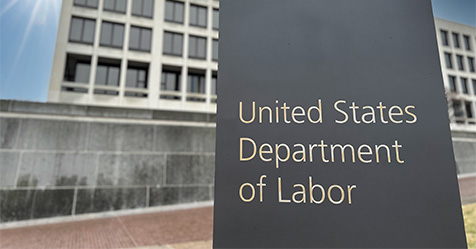Some States Opting out of Supplemental Unemployment Benefits
Officials believe higher unemployment pay is discouraging people from returning to work
Unemployment rose in 2020 as businesses across many industries furloughed, laid off, or let go of their employees due to the coronavirus pandemic. People entitled to unemployment pay received an extra US$600 per week under the federal Coronavirus Aid, Relief, and Economic Security (CARES) Act until late July when the supplemental benefits expired. In December, CARES mandated extra funds of $300 per week, which will end in September.
More than one year after the pandemic began, as people are getting vaccinated and businesses are reopening, employers are having a difficult time attracting workers, especially in the hospitality field. Some believe it is because of the supplemental unemployment benefits individuals are receiving. Several states are opting out of extra $300-a-week unemployment benefits to encourage people to go back to work, the Society for Human Resource Management (SHRM) reports.
The first state to announce it was ending the expanded unemployment benefits was Montana. Instead, it will offer a one-time $1,200 bonus for those reentering the workforce, according to the Montana Free Press. Other states soon followed like South Carolina, Alabama, Arkansas, Mississippi, Florida, Arizona, Indiana, Vermont and Virginia. The Associated Press (AP) reports Georgia is also expected to cut unemployment benefits.
The U.S. Chamber of Commerce also called for ending the supplemental unemployment benefit to address the labor shortages across the country. “We need a comprehensive approach to dealing with our workforce issues and the very real threat unfilled positions poses to our economic recovery from the pandemic,” Neil Bradley, the chamber’s executive vice president and chief policy officer, said in the news release statement.
However, many officials disagree with ending the supplemental benefits. “Choosing to eliminate these critical benefits will have the greatest impact on the most vulnerable,” said Michael Trupo, U.S. Department of Labor (DOL) spokesman, in a statement.
Many states, including Illinois, will retain the supplemental benefits until September. “Our job here is to make sure we’re creating jobs and helping people to rebuild the lives they had before the pandemic, and so we’re not going to pull the rug out from under people,” said Illinois Gov. JB Pritzker in a press conference.


